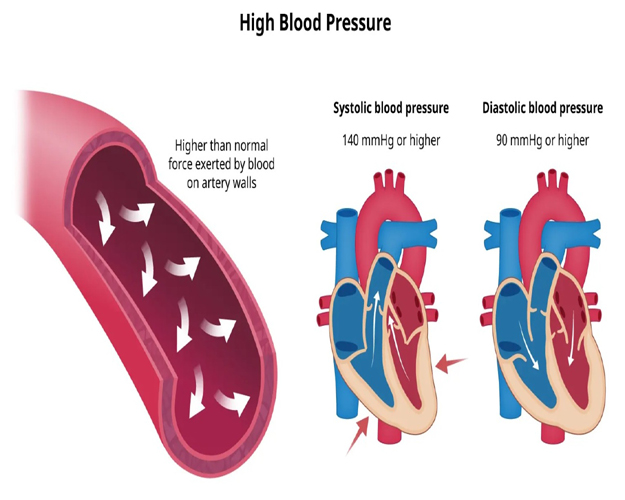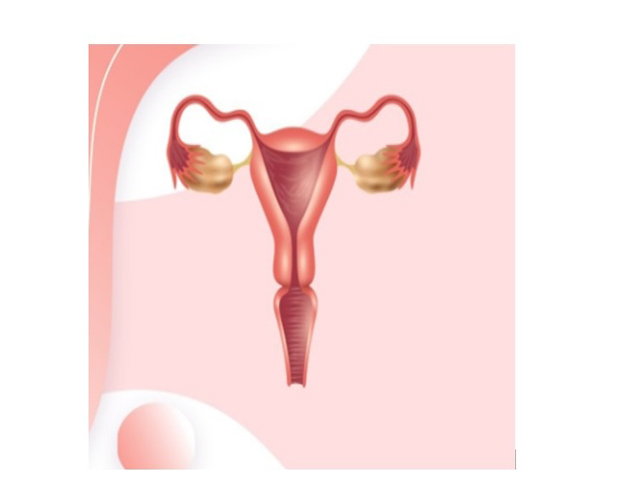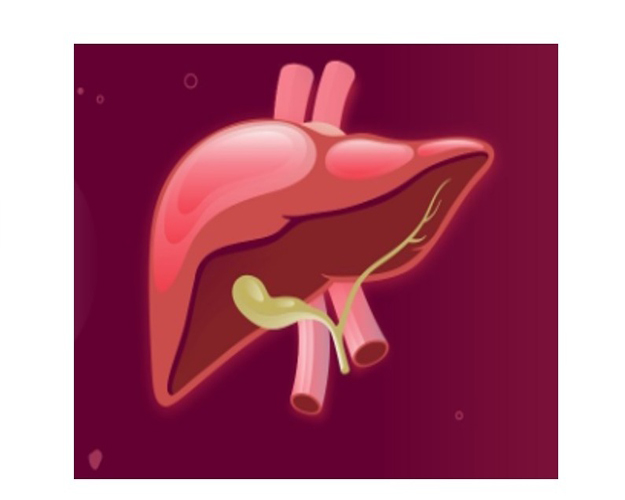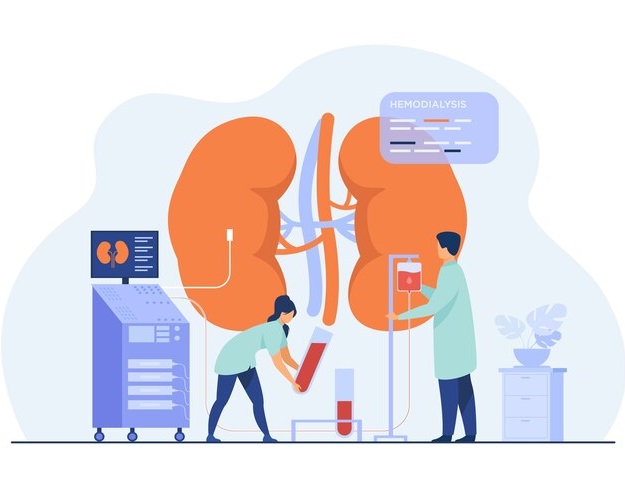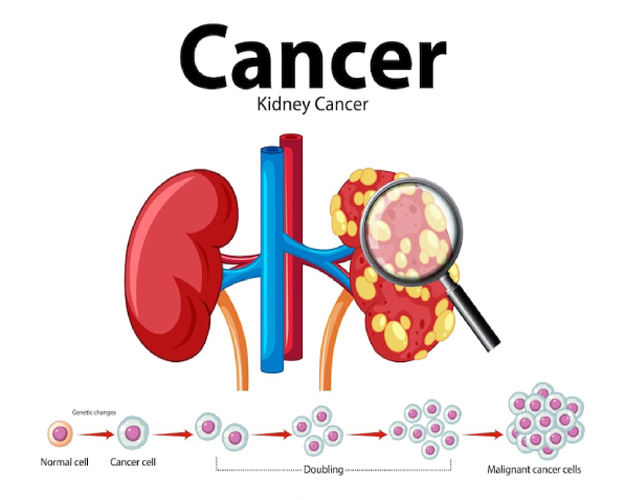
Understanding Congestive Heart Failure: A Growing Health Concern You Shouldn’t Ignore
Congestive Heart Failure (CHF) is a serious, progressive condition that affects millions of people worldwide — and its prevalence is increasing, especially with an aging population and rising lifestyle-related risk factors. At ITM Hospital, we believe that awareness and early intervention are key to improving quality of life and outcomes for patients living with heart failure.
This blog aims to shed light on what CHF is, its causes, symptoms, diagnosis, and management — helping you stay informed and empowered to take better care of your heart.
What is Congestive Heart Failure?
Congestive Heart Failure is a condition where the heart muscle becomes too weak or too stiff to pump blood efficiently to meet the body’s needs. Contrary to the term “failure,” it doesn’t mean the heart has stopped working, but rather that it is not working as effectively as it should.
The condition often leads to a build-up of fluid in the lungs, liver, abdomen, or lower extremities — hence the term “congestive.”
Types of Heart Failure
CHF can affect either side of the heart, though it commonly impacts the left ventricle. The main types include:
1. Left-sided Heart Failure: Most common; can lead to fluid build-up in the lungs (pulmonary congestion).
2. Right-sided Heart Failure: Often a result of left-sided failure; leads to fluid accumulation in the legs, ankles, and liver.
3. Systolic Heart Failure: When the heart muscle loses its ability to contract efficiently.
4. Diastolic Heart Failure: When the heart muscle becomes stiff and can't relax properly, limiting its ability to fill with blood.
Common Causes and Risk Factors
Several conditions can lead to or contribute to CHF, including:
1. Coronary Artery Disease (CAD)
2. High Blood Pressure (Hypertension)
3. Previous Heart Attacks
4. Diabetes
5. Valvular Heart Disease
6. Cardiomyopathy
7. Obesity
8. Smoking and Alcohol Abuse
9. Arrhythmias (especially atrial fibrillation)
Symptoms to Watch Out For
Heart failure symptoms can be subtle in the early stages and may worsen over time. Common signs include:
1. Shortness of breath (especially during exertion or lying down)
2. Persistent coughing or wheezing
3. Swelling in feet, ankles, legs, or abdomen
4. Fatigue and weakness
5. Rapid or irregular heartbeat
6. Reduced ability to exercise
7. Sudden weight gain from fluid retention
8. Difficulty concentrating or decreased alertness
If you or a loved one experiences these symptoms, timely medical evaluation is essential.
How is CHF Diagnosed?
At ITM Hospital, our multidisciplinary cardiac care team uses advanced diagnostic tools to identify heart failure early and accurately. These include:
1. Echocardiogram (ECHO): To assess heart function and ejection fraction
2. Electrocardiogram (ECG): To detect arrhythmias or signs of heart damage
3. Chest X-ray: To detect fluid in the lungs or heart enlargement
4. Blood Tests (BNP or NT-proBNP): To check for markers of heart stress
6. Cardiac MRI or CT scans for detailed heart imaging
7. Managing Congestive Heart Failure
While CHF is a chronic condition, it can often be managed effectively with a combination of lifestyle changes, medication, and in some cases, surgical interventions.
Lifestyle Modifications:
1. Low-sodium diet to reduce fluid retention
2. Regular physical activity under medical supervision
3. Weight management
4. Quitting smoking and limiting alcohol
5. Monitoring daily fluid intake
Medications:
Commonly prescribed drugs include:
1. ACE inhibitors or ARBs
2. Beta-blockers
3. Diuretics (to reduce fluid overload)
4. Aldosterone antagonists
5. Digitalis (in some cases)
Advanced Treatments:
In cases of severe heart failure, options may include:
1. Implantable devices (like pacemakers or defibrillators)
2. Valve repair or replacement
3. Left Ventricular Assist Devices (LVADs)
4. Heart transplant (in end-stage cases)
Living with Heart Failure: Support and Hope
At ITM Hospital & Research Centre, we not only treat the disease but support the person living with it. Our expert team of cardiologists, nurses, physiotherapists, and dieticians work together to create personalized care plans for every heart failure patient. We also offer cardiac rehabilitation programs to improve strength, functionality, and confidence.
Conclusion
Congestive Heart Failure is a serious but manageable condition. Early diagnosis and consistent management can significantly slow its progression and enhance quality of life. If you or someone you know is experiencing symptoms of CHF, don’t delay seeking medical care.
Your heart matters — and at ITM Hospital, we’re committed to keeping it strong.

